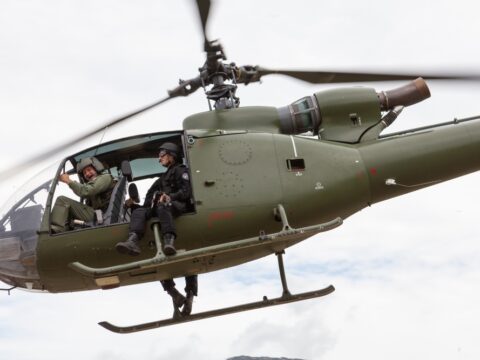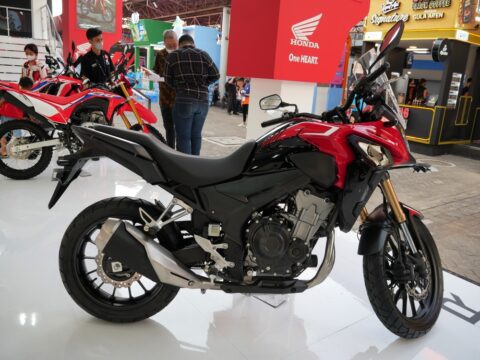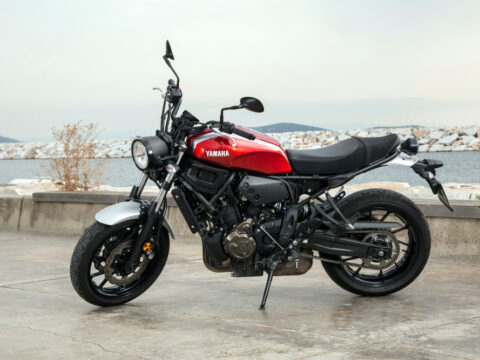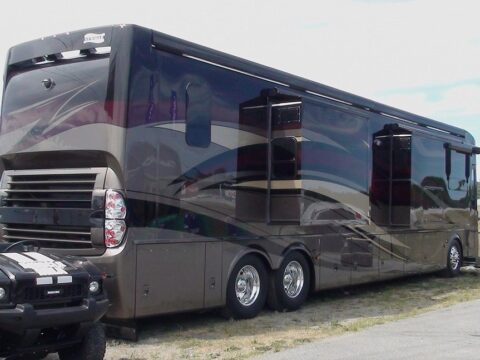From the roar of their engines to the legacy they imprint on the tarmac of time, motorcycles have always been more than just machines; they are symbols of freedom, innovation, and cultural evolution. This article delves into the iconic bikes that didn’t just traverse roads but paved new paths in the world of motorcycling. Join us on a journey through time as we ride alongside the motorcycles that left an indelible mark on the industry and the hearts of enthusiasts worldwide.
Contents
Harley-Davidson Model W
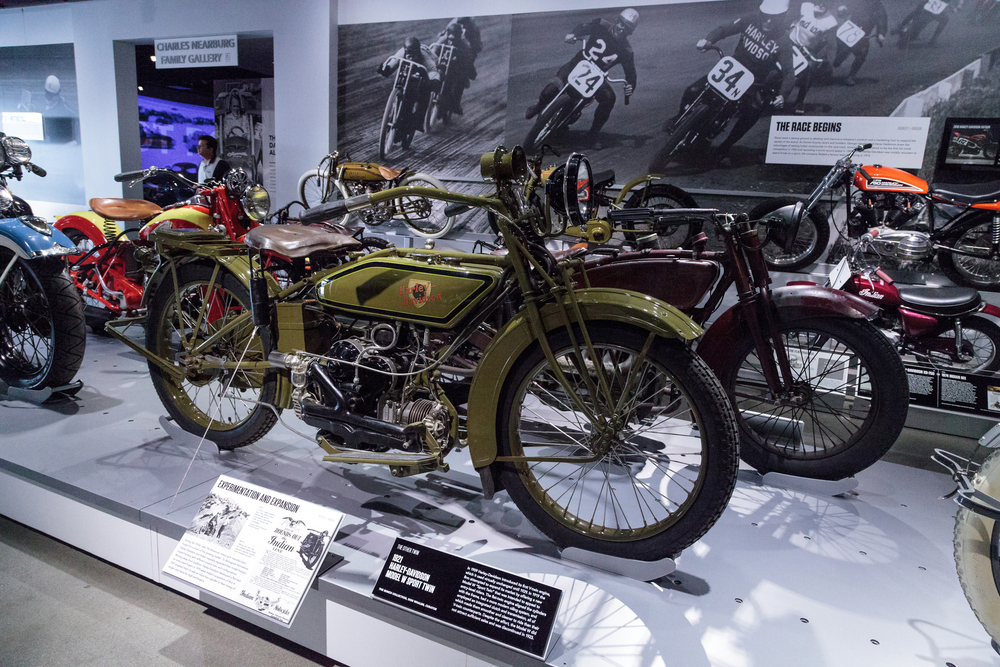
Launched in 1919, the Model W set the stage for Harley-Davidson’s foray into the middleweight market. With its opposed twin engine and three-speed transmission, it offered reliability and innovation. Although production was short-lived, it was a clear indication of Harley’s adaptability and determination to diversify its range.
Triumph Bonneville
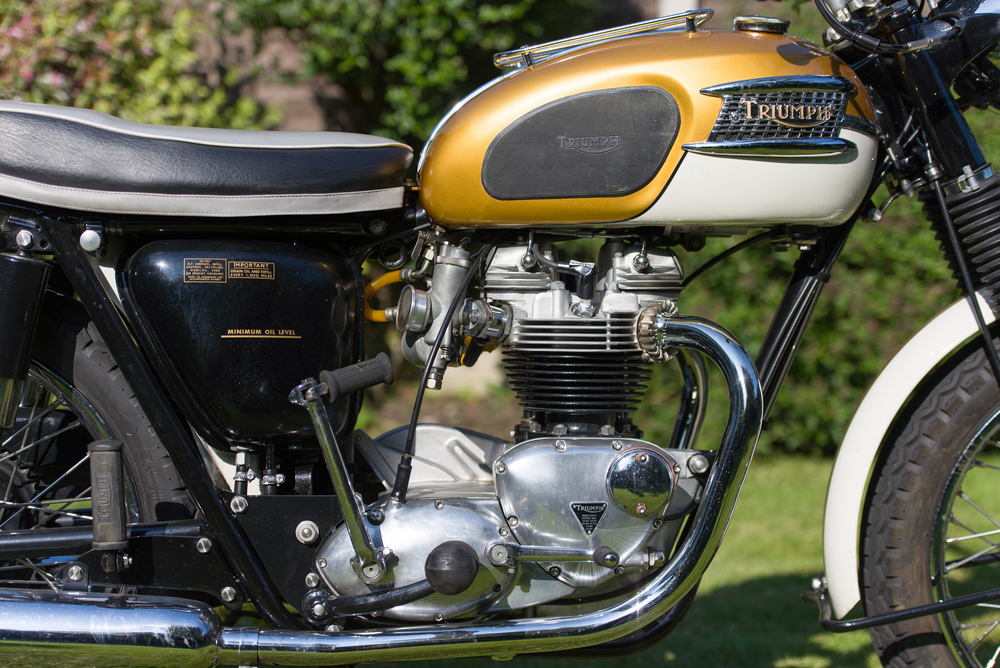
Introduced in 1959, the Triumph Bonneville became the poster child for British motorcycling. Its parallel-twin engine design and distinctive styling became the blueprint for many future motorcycles. The Bonneville represented speed, style, and was a significant export for the British motorcycle industry.
Honda Super Cub
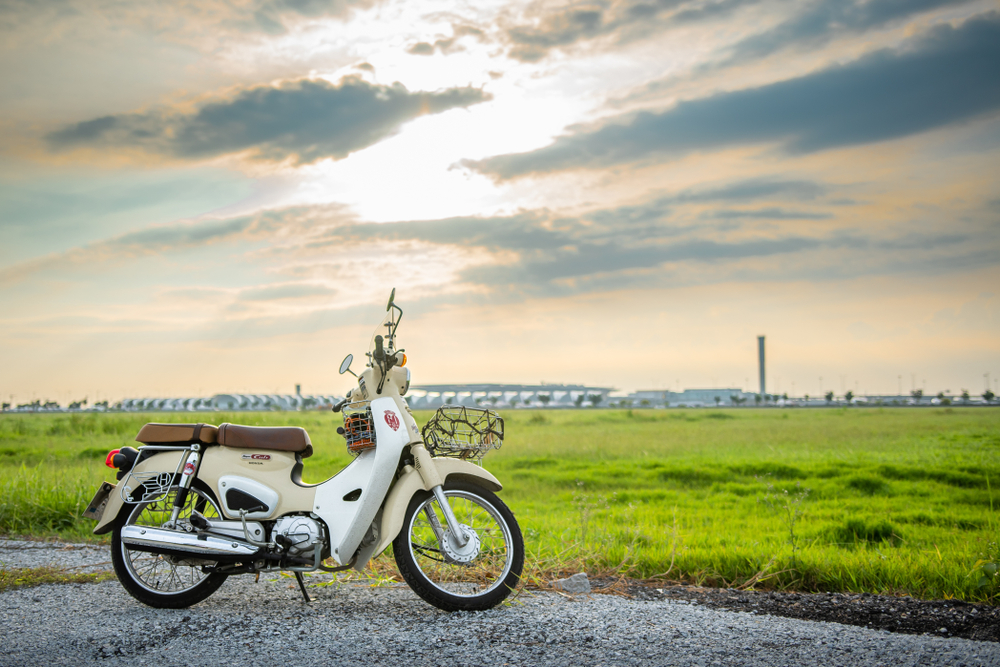
Unveiled in 1958, the Honda Super Cub is not only one of the most sold vehicles of all time but also the motorcycle that popularized two-wheelers in numerous markets. Its simple design, reliability, and affordability played pivotal roles in Honda’s global expansion.
Ducati 916
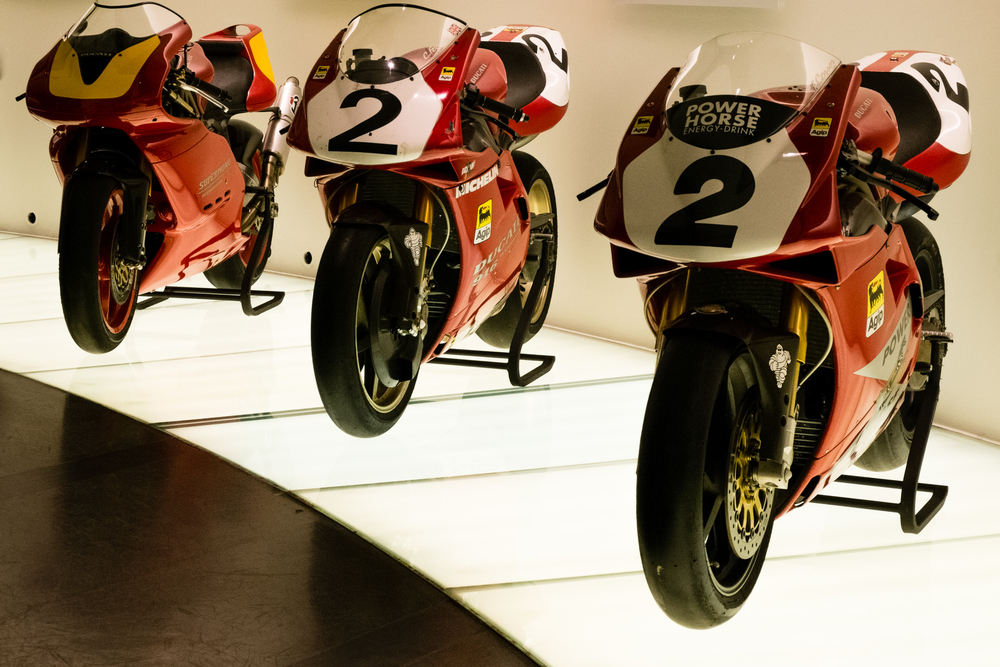
Launched in 1994, the Ducati 916 was as much a work of art as it was a superbike. With its twin-cylinder engine, trellis frame, and single-sided swingarm, it reshaped sports bike aesthetics and performance standards. Its racing success further solidified its iconic status.
BMW R80 GS
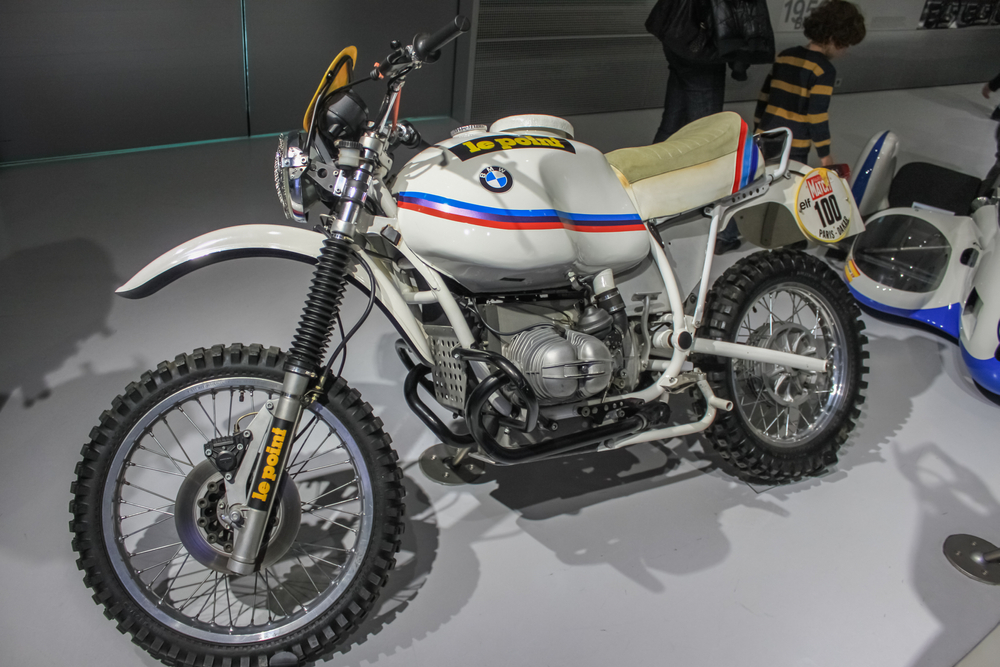
In 1980, BMW introduced the R80 GS, essentially giving birth to the adventure motorcycle category. It combined on-road cruising capabilities with off-road ruggedness, becoming a precursor to the now hugely popular adventure touring segment.
Suzuki GSX-R750
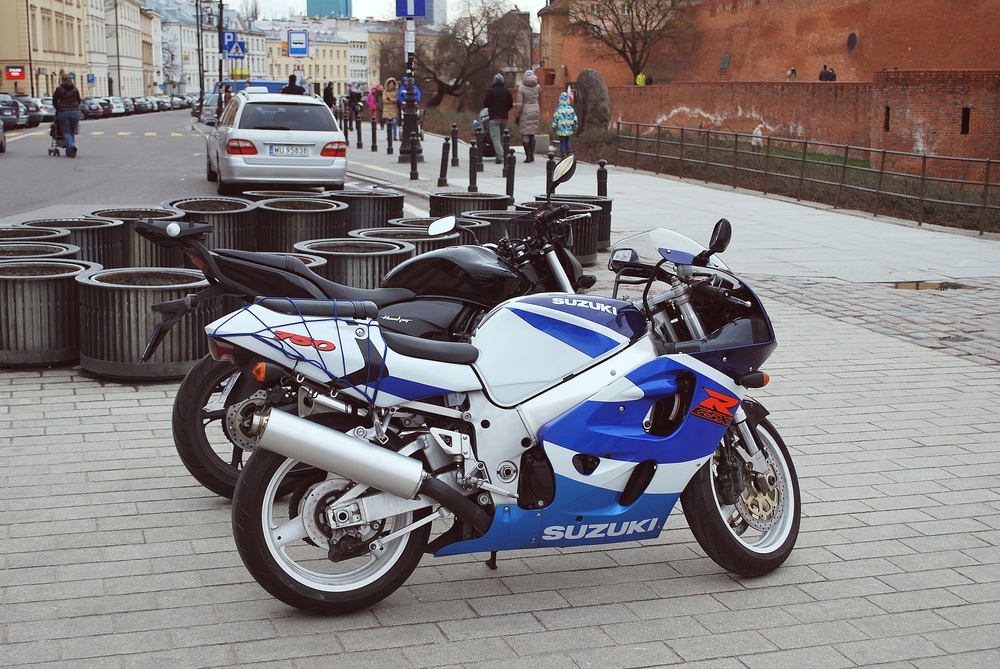
Introduced in 1985, the GSX-R750 brought race bike tech to the streets. With its aluminum frame, aerodynamic fairing, and performance-oriented design, it set the standard for future sportbikes and gave rise to the term “race replica.”
Vincent Black Shadow

In the post-war era of the 1940s and 1950s, the Vincent Black Shadow was the superbike. With a top speed exceeding 125 mph, it was one of the fastest production motorcycles of its time, establishing a new benchmark for performance.
Yamaha XT500
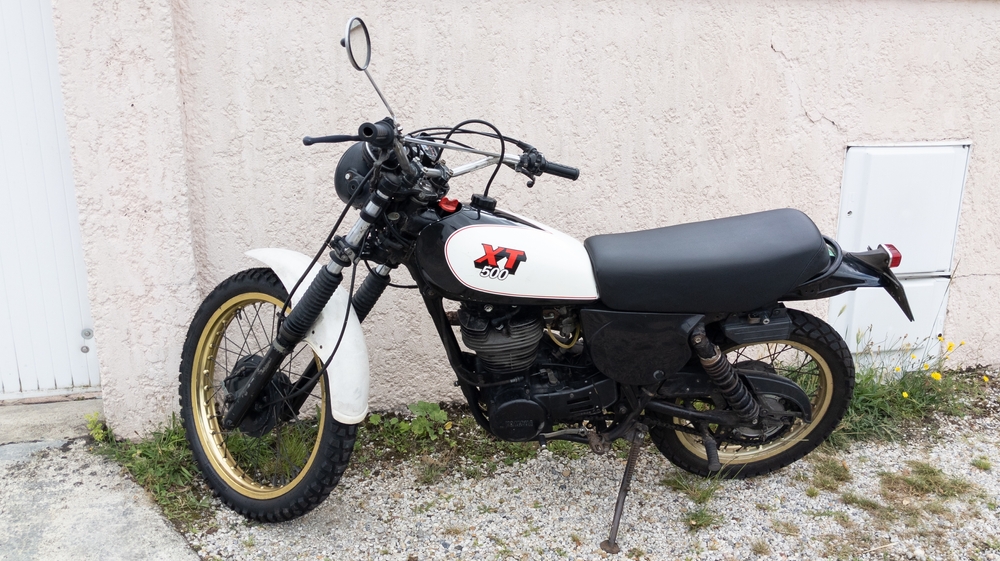
Introduced in 1975, the XT500 was a versatile enduro motorcycle. Its success in major rallies like the Paris-Dakar helped promote not only the bike but also the entire concept of long-distance, off-road competition.
Kawasaki Z1
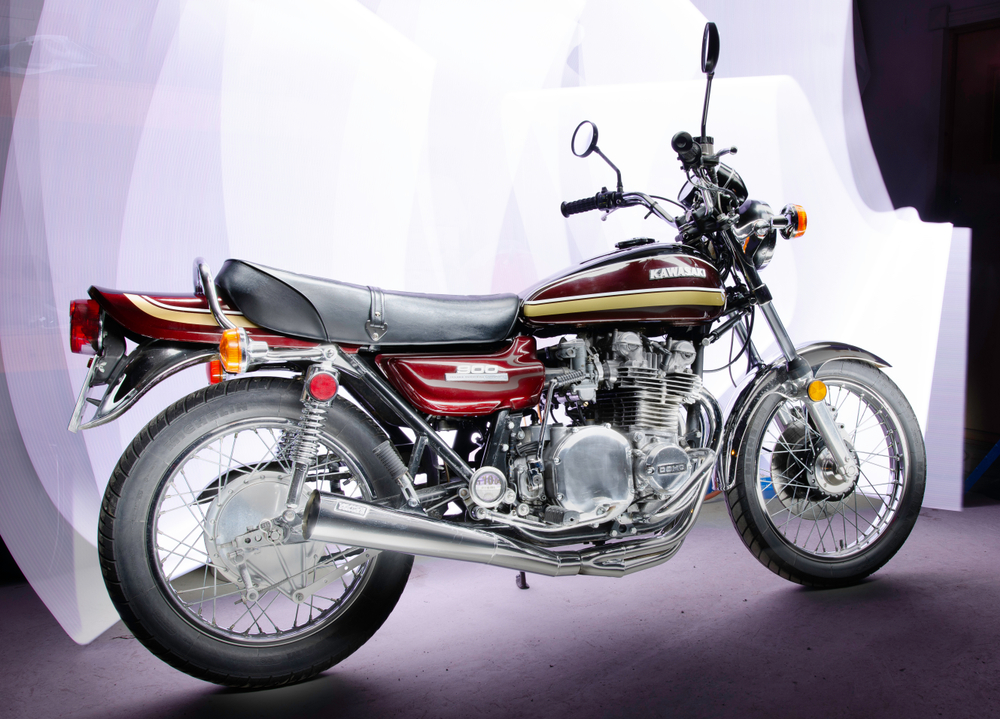
Launched in 1972, the Kawasaki Z1, with its 903cc engine, became the world’s first superbike. It overshadowed its competitors with unmatched speed and power, pushing the boundaries of what was possible for production motorcycles.
Harley-Davidson Knucklehead
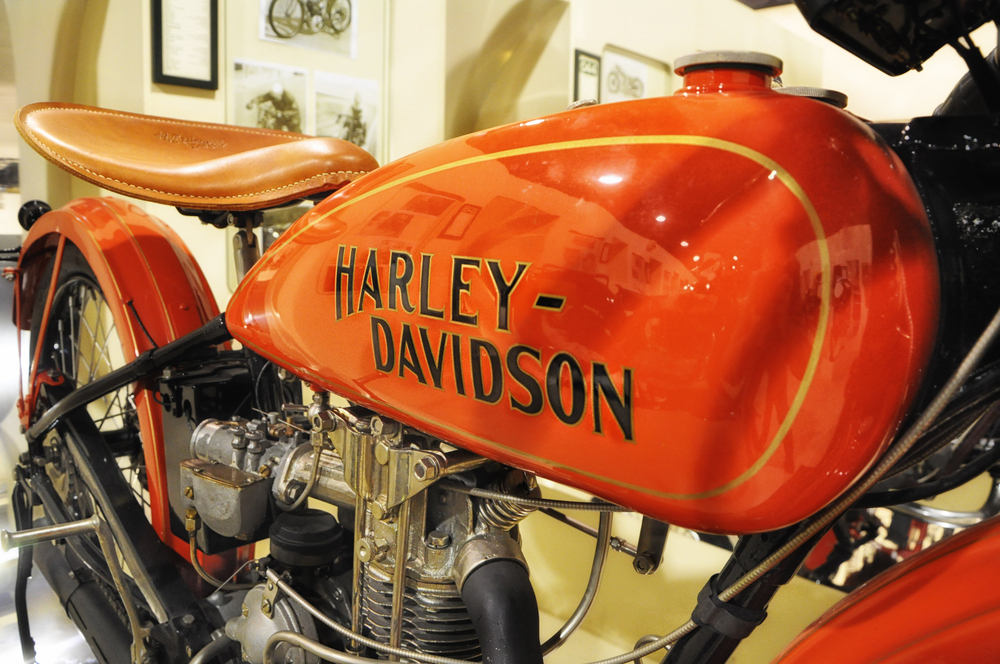
Debuted in 1936, the “Knucklehead” was Harley’s answer to the demand for more powerful and smoother-running bikes. It was their first with overhead valves and became the blueprint for the V-twin engines that would become synonymous with the brand.
Indian Scout (1920s)
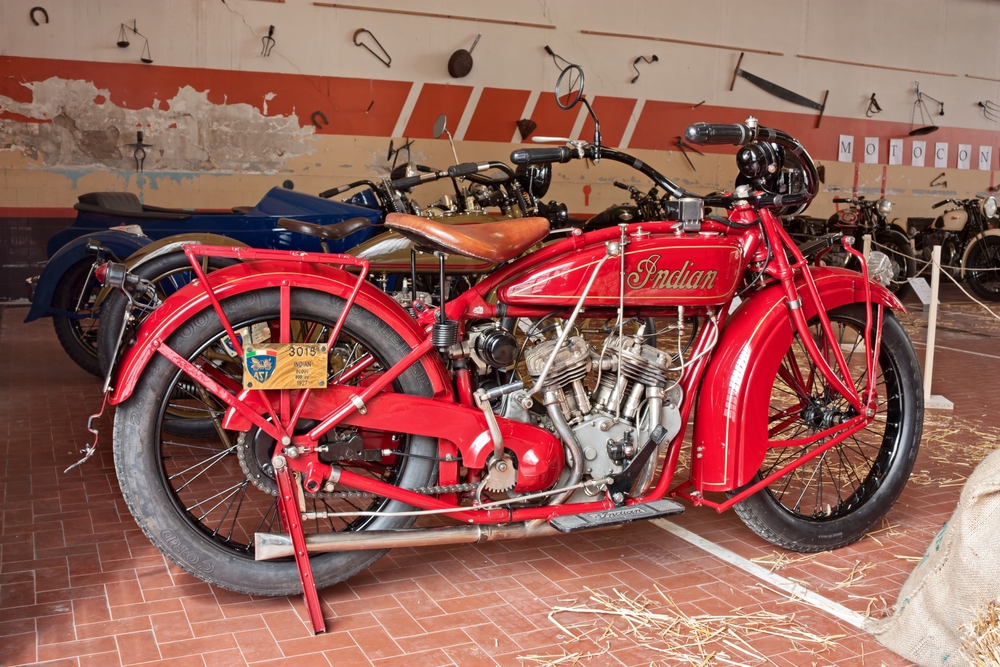
Launched in the 1920s, the Indian Scout quickly became renowned for its handling and reliability. With its innovative V-twin design and notable racing successes, it became a significant motorcycle in establishing Indian’s legendary reputation.
MV Agusta 750S

Introduced in the early 1970s, the 750S was MV Agusta’s answer to the superbike competition. With its inline-four engine, it not only represented Italian craftsmanship and style but also held its own against the fastest bikes of its time.
This article originally appeared on MyCarMakesNoise.
More from MyCarMakesNoise
The Rise and Fall of 8 Promising EV Startups

In the ever-evolving landscape of transportation, electric vehicles (EVs) have sparked both excitement and trepidation. As innovators race to redefine automotive futures, some shine brilliantly only to fizzle out just as quickly, while others grapple with the harsh realities of a challenging industry. Read More
9 Cool Cars with Designs Inspired by Birds

From the open roads to the vast skies, there’s an intrinsic connection between the world of automobiles and the majesty of birds. Both symbolize freedom, speed, and an aspiration to reach new heights. Read More
The 15 Greatest SUVs Ever Built

From traversing rugged mountain trails to navigating the dunes of vast deserts, sport utility vehicles (SUVs) have long captured the imaginations of adventurers and families alike. Read More

